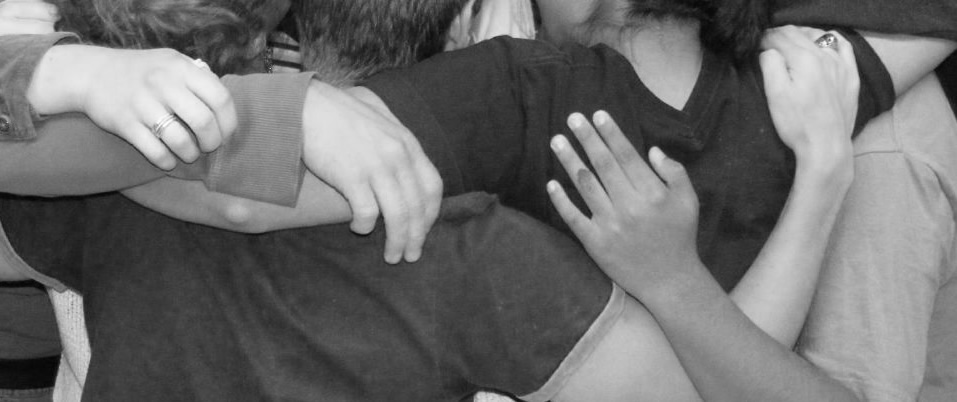 Parashat Vayigash
Parashat Vayigash
Genesis 44:18 – 47:27
What is there to say?’ We ask ourselves this – often rhetorical – question when we are in a particularly emotionally challenging spot. We hesitate as we enter a house of mourning and we ask ourselves this question. Or we ask it right before we are to face a person with a serious illness. Or, we ask ourselves when we contemplate how to meet with a person who has hurt us deeply. Or, when we are about to meet a person whom we have hurt deeply.
In each case the question has a slightly different meaning. The common thread is that we feel that we are expected to say something. Is that expectation generated from politeness and good manners, or does it spring from the depths of our souls, from our own sense of self, from our own yearning to be able to reach out to another?Our Torah portion brings Joseph and all his brothers together in one room. After his brother Judah, who still does not know that this Egyptian ruler is actually his brother, Joseph, finishes his impassioned plea for mercy, Joseph breaks out in a wail and the Torah reports that his weeping is heard throughout Egypt. Finally the barrier of ignorance and denial is breached. “And Joseph said to his brothers, ‘I am Joseph! Is my father still alive?’ But his brothers could not answer him, for they were confounded by him.” (Gen. 45:3)
What is there to say? The horrible crime of trying to kill their brother cannot be ignored anymore, if it was ever forgotten by Jacob’s sons. Their brother is staring them in the face. It falls on Joseph to continue speaking, to fill in the silence. He fills it with magnanimity and solicitude. He tells his brothers that he harbors no anger or animosity toward them. He does not blame them for anything. Everything, thanks to God, has turned out all right. He is delighted that they are reunited after all this time and he asks them to bring their father down to Egypt, so that he can take care of everyone.
All this time the brothers are silent. What is there to say?
But then something amazing happens: “And he kissed all his brothers and he wept over them; after that his brothers spoke with him.” (v. 15) Finally the brothers (who have not been able to really talk with Joseph since he was a spoiled 17 year-old) are able to speak to him. What made it possible for them to finally say something? Was it Joseph’s reassuring sermon? Perhaps it was not what he said, but that he fell upon each of them and shed tears. Yet, whatever key unlocked their power of speech, there they were, for the first time in over twenty years, talking to their brother!
But what was there to say? Did they pour forth their remorse and ask for forgiveness? Did they talk about their father? Their own children? Did they ask Joseph to tell them about his miraculous survival? We do not know. The Torah doesn’t say. Maybe the Torah did not think that the content of their speech was that important. What was there to say? The brothers figured it out. They spoke again. That is what the Torah wants us to know.
Shabbat Shalom,
Rabbi David Greenstein
![]()
Subscribe to Rabbi Greenstein’s weekly d’var Torah
mage: “Group hug The last day of class 🙁” © Earling A altered and used with permission via Creative Commons License
- Toby Stein: In Memoriam - Thu, Feb 8, 2024
- Faithfulness and Hope: Parashat Sh’lach - Thu, Jun 23, 2022
- Past Their Prime: Parashat B’ha`a lot’kha - Thu, Jun 16, 2022
